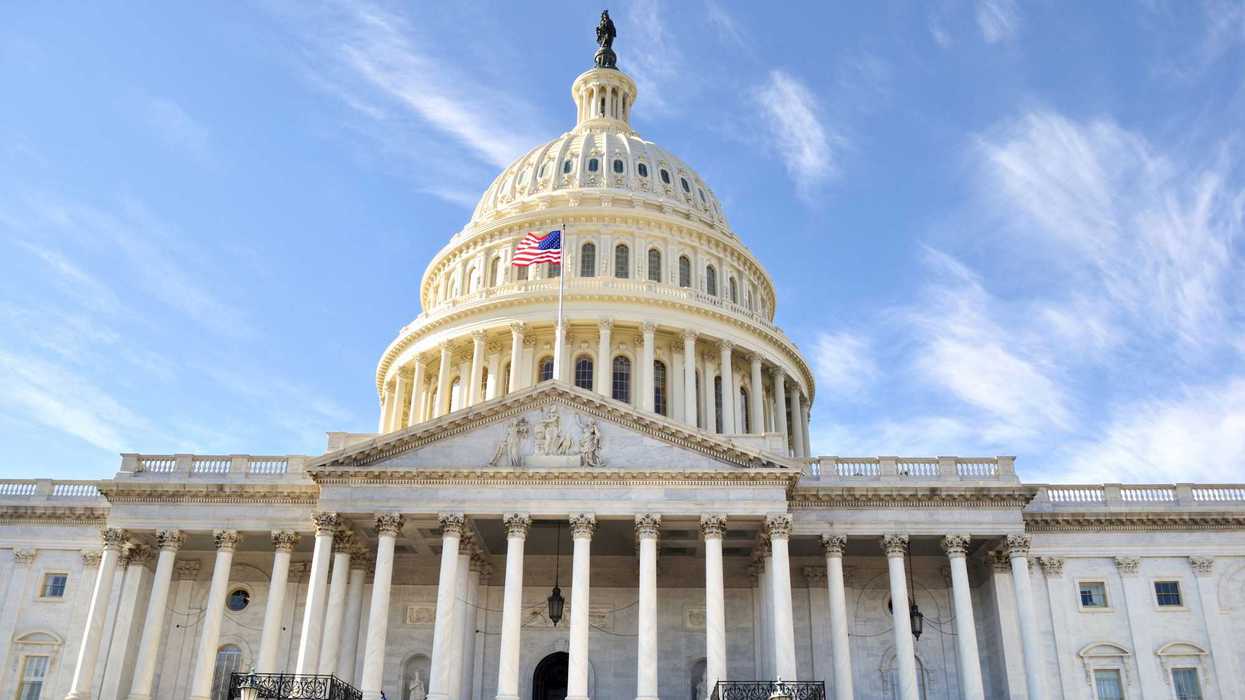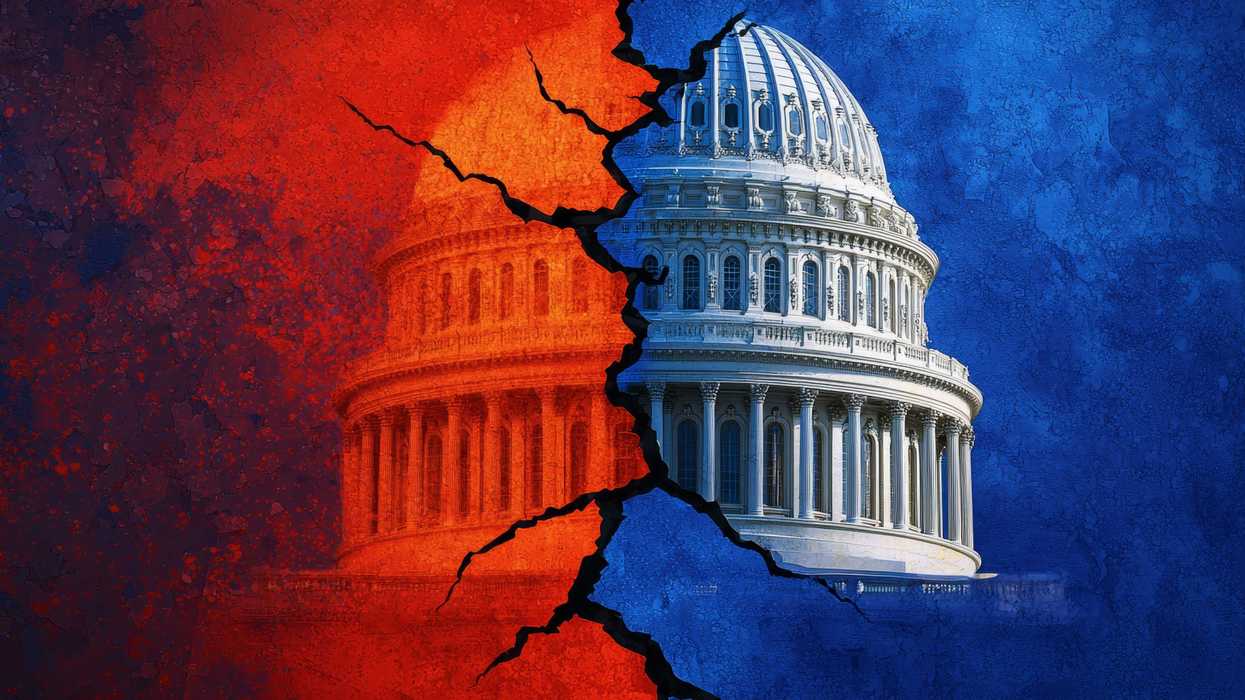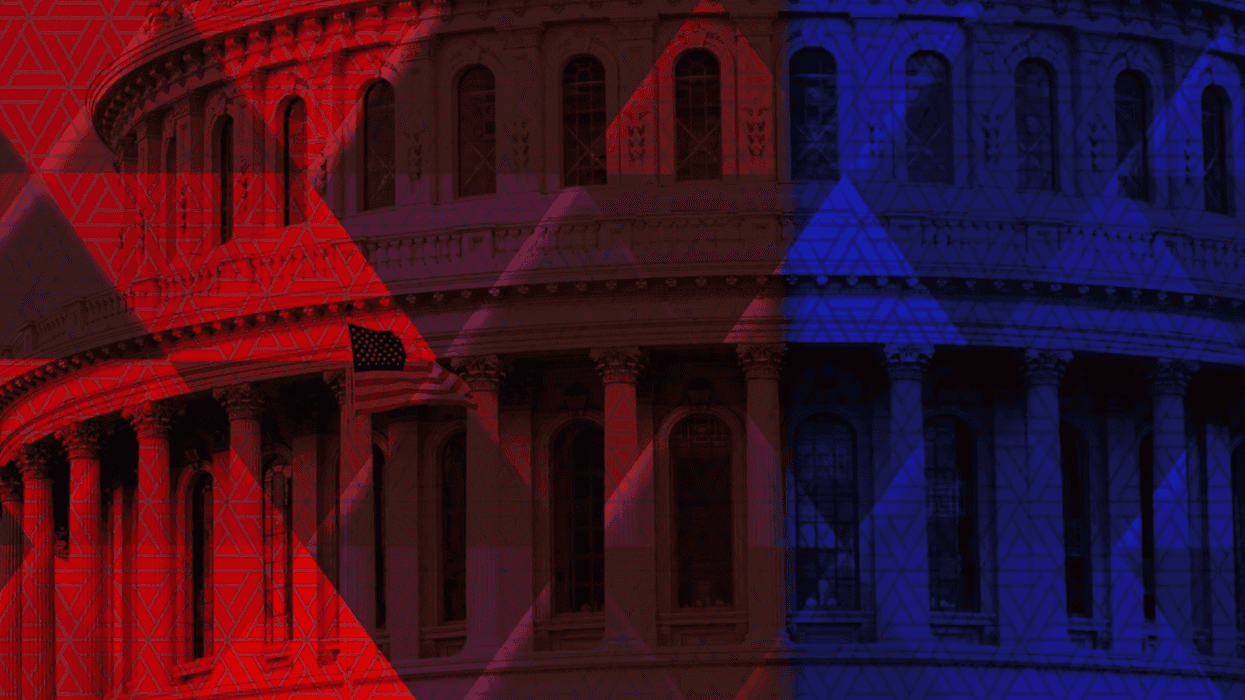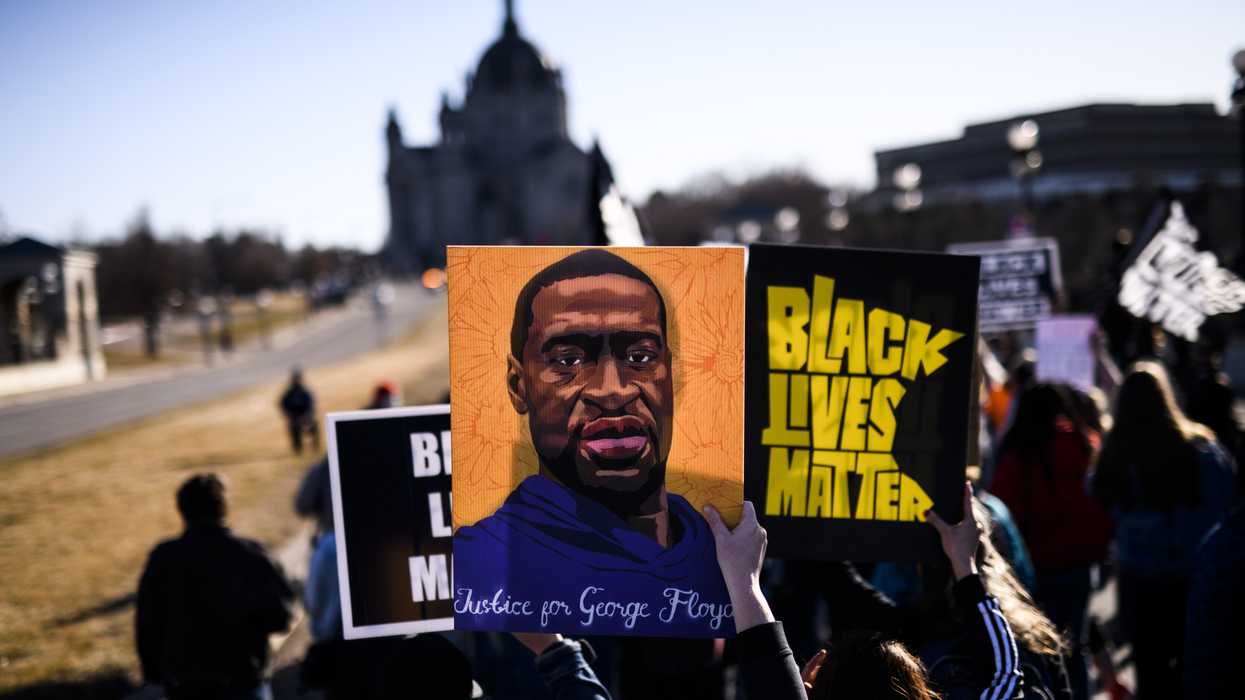Children—Black, white, brown, immigrant, and native-born—crowded around plastic tables, legs dangling, swapping stories, and trading pieces of their lunches. I believe that the dream of the Department of Education was to build a country where a child's start in life doesn't determine their finish, where public education flings open the doors, not just for a few, but for all.
Our story didn't begin in isolation. The Department of Education was born in 1979, forged by decades of struggle and hope; by the echoes of Brown v. Board, the promises of the Civil Rights Act, and the relentless voices of parents and educators who refused to accept that opportunity could not be representative and equitable. The mission was bold and straightforward: make real the promise that public education is a right and a shared responsibility.
When at your best, you've lived up to that charge.
You powered Title IX, asking the nation to reckon with what it means to say to girls, "You belong here, too." You built the scaffolding for Pell Grants, Head Start, IDEA, and the Every Student Succeeds Act. You pressed states to desegregate, to innovate, and to finally listen to children whose needs and dreams had gone ignored. Progress was messy and always incomplete—bureaucracy has its limits—but often, you were the conscience America needed.
In a bureaucracy, progress never comes easily. Every advance is open to resistance. The ink had barely dried on Brown v. Board when "massive resistance" swept across communities that were unwilling to embrace equality. Even so, the Department stood firm—a battered but unyielding obstacle against the backsliding of justice. Perfection was never the point; persistence was.
The legacy you carry is fragile and precious. Today, as book bans shrink the worlds our children can explore, as educators get scapegoated for the nation's fears, and as classrooms grow more diverse while budgets grow more uncertain, your work matters more than ever. The arguments have gotten louder—about curriculum, about race, about the very idea of truth—but the same old question lingers: do we settle for a cramped, fearful America, or do we keep building a nation that values all children as an asset?
Your respective work scope was never just about test scores or rankings. At its core, the Department's mission has always been about justice—about saying, through policy and action, that a kid in rural Mississippi deserves every chance afforded to a kid in Manhattan. That the janitor's son and the executive's daughter should both find in their schools not just a classroom, but a launching pad. That ability, not ancestry or family wealth, should be the ticket forward.
Please understand this is not a rebuke. Instead, I extend you an invitation: to renew your commitment. Your work is unfinished. Many children remain in crumbling schools with hand-me-down hopes. Too many families—especially families of color, families with disabilities—still have to fight for a seat at the table. Inequity in America is crafty and persistent. But history shows: when the Department of Education acts with courage and conscience, it can tip the odds toward justice.
Such is your inheritance. Such is your charge. Hold it tight.
Remember the children—always the children—whose names will not appear in history books, but whose futures will quietly reflect your choices. The democratic experiment is continually rebuilt and defended in every generation, in every school, and in every argument over what this country owes its future citizens.
You are the stewards of the American educational promise. Act like it.
With hope and expectancy,
F. Willis Johnson
Rev. Dr. F. Willis Johnson is a spiritual entrepreneur, author, scholar-practioner whose leadership and strategies around social and racial justice issues are nationally recognized and applied.




















